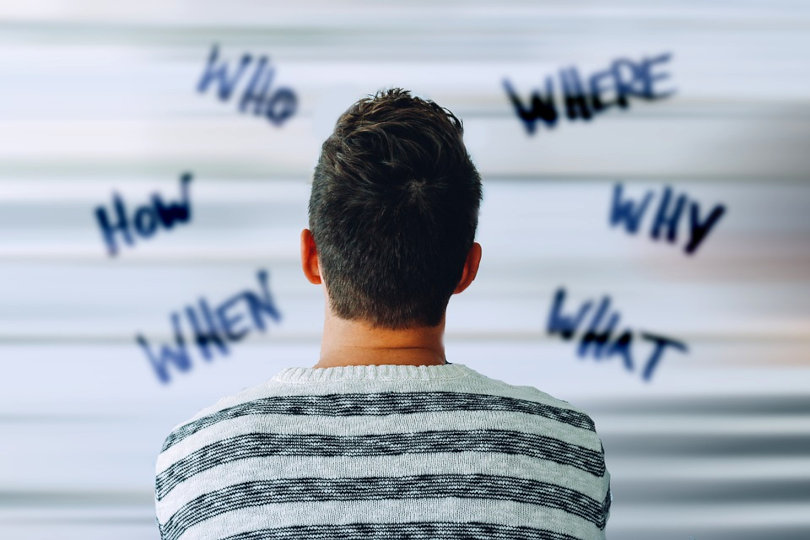Emergencies and disasters can strike you anywhere, anytime, there’s no warning before any critical situations. Therefore, it’s extremely essential to be ready and prepared whenever circumstances demand. It’s understandable that dealing with any crisis is perhaps tremendously frightening and stressful.
If you’re especially dealing with medical emergencies, it can even turn into a matter of life and death. Consequently, how you react to these sorts of situations plays a vital role in the aftermath of every extremity.
Read on to find out some helpful tips to deal with any emergency situation more effectively.
1. Make An Effort To Stay Calm
While handling any complicated or life threatening situation, it’s absolutely necessary to try your best to stay put and calm. During these situations, panicking will result in worsening the problem.
Attempt to take deep breaths and think rationally about finding solutions. If you end up agitated and anxious, it can further escalate and make others freak out too.
However, staying calm and cool-headed can actually help in saving lives.
2. Gather Necessary Emergency Items
Some disastrous situations like floods, storms and blackouts can leave you stranded and away from basic necessities. Though you can’t be sure about all disasters, you can definitely anticipate some of the aforementioned.
So make sure to gather an emergency kit including water, food, first aid items, flashlights and other vital supplies for these scenarios. And in other different situations, look for any fire or emergency exit routes.
3. Master Indispensable First Aid
You don’t necessarily need to be a trained physician to practice basic first aid for people in need. You should learn the fundamentals of first aid, especially the ABCs of support.
These include airways open to maintain the victim’s airways, breathing restored through rescue-breathing techniques and Circulation maintained with CPR techniques.
You should also consider enrolling in a class to learn life saving expertise like Heimlich manoeuvre and CPR. For learning the best such courses, check out these Glasgow First Aid Courses. You never know when you might need those.
4. Safeguard Essential Documents
When you’re facing an emergency, papers and important documents are probably the last thing you’d consider. So it’s essential to think ahead.
Get copies of essential documents like birth certificate, social security cards and personal ID and safely tuck them into a fire-waterproof safe or emergency kit.
And if you’re attending to any other victim, check for their medical identification numbers as well.
5. Straight Away Call Local Emergency Services
You should always know about every local emergency services number. Keep them on speed-dial, some emergency numbers are 0 or 911.
You should also use other features of your smartphone like pressing the power-button twice to emergency dial or switch on emergency GPS.
Furthermore, ensure to give your name, location and the number of people involved in the emergency.
6. Prefer Your Own Safety
Though this might sound selfish, maintaining your own safety as your number one priority is probably the best choice in any emergency situation. It’s nearly impossible for you to assist other victims if you’re in danger too.
Don’t attempt to offer help in situations such as a building on fire or when guns are being fired. Make sure that you are not injured and are able to escape any emergency safely.
Once you’re sure about your own health and feel strong enough to offer help, then try and reach out to assist others.
7. Look For Alarming Signs
If you’re in a fatal car accident, or attending to any car-crash victim and other similar incidents, always be alert and look out for bleeding and dangerous indicators.
If there’s bleeding, try to apply direct pressure with a clean cloth over the wound. You should also look for other signs of broken bones, shock or fractures. If the victim is rapidly breathing or not breathing, loosen their clothing that might be interfering with their circulation.
8. Plan Ahead For Emergencies
As mentioned earlier, it’s always reasonable to plan ahead for emergencies. Make sure to make necessary amendments like financial planning, medical insurances and other emergency funds to help you roll back from any disaster.
Though any sudden crisis can’t be anticipated, and it’s nearly impossible to get fully prepared for chaos. But following these tips can greatly improve your chances of safety and survival.
Originally found on Noobpreneur.com Read More







